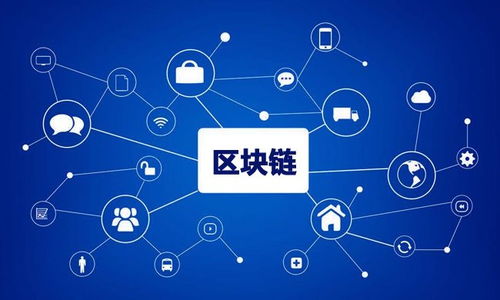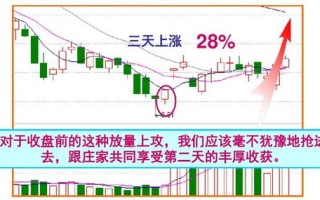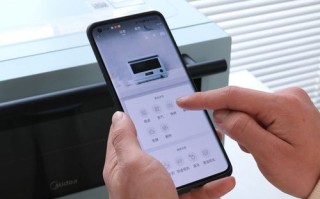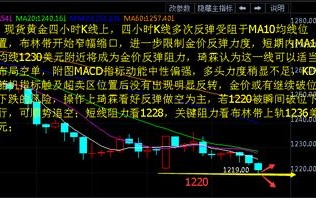How to Use Blockchain in the Medical Field
Blockchain technology has the potential to revolutionize the healthcare industry by improving data security, interoperability, and patient privacy. In this article, we will explore how blockchain can be utilized in the medical field.
1. Securing Medical Records:
Title: Enhancing Data Security and Privacy in the Medical Field Using Blockchain
One of the key applications of blockchain in healthcare is ensuring the security and privacy of medical records. By utilizing blockchain technology, medical records can be encrypted, hashed, and stored in a decentralized manner, providing a secure and tamperproof system. Healthcare practitioners, providers, and patients can have confidence that their sensitive data is protected.

2. Interoperability and Data Sharing:
Title: Advancing Interoperability in Healthcare through Blockchain
The lack of interoperability between healthcare systems often hinders the efficient exchange of patient data. Blockchain can address this issue by creating a standardized and decentralized system for data sharing. By implementing blockchain technology, different healthcare providers, hospitals, and clinics can securely and seamlessly share patient data, leading to better coordination of care and improved health outcomes.
3. Clinical Trials and Research:
Title: Revolutionizing Clinical Trials and Research with Blockchain
Blockchain can significantly improve the efficiency, transparency, and trustworthiness of clinical trials and medical research. By utilizing smart contracts and decentralized ledgers, blockchain can ensure the integrity of data, streamline patient recruitment, enhance consent management, and enable realtime tracking of trial results. This can ultimately accelerate the development of new treatments and therapies.
4. Drug Supply Chain Management:
Title: Enhancing Drug Traceability and Safety with Blockchain
Counterfeit drugs pose a significant risk to patient safety and public health. Blockchain can enhance the traceability and transparency of the drug supply chain, from manufacturing to distribution and patient use. By recording every transaction on a blockchain ledger, stakeholders can ensure the authenticity and quality of medications, reducing the risk of counterfeit drugs entering the market.
5. Medical Billing and Insurance Claims:
Title: Streamlining Medical Billing and Insurance Claims with Blockchain
The complex and timeconsuming process of medical billing and insurance claims can be simplified and made more efficient with blockchain technology. By utilizing smart contracts, blockchain can automate and authenticate the payment and reimbursement processes, reducing administrative costs, eliminating fraudulent claims, and increasing transparency for both healthcare providers and insurance companies.
6. Telemedicine and Remote Patient Monitoring:
Title: Enhancing Telemedicine and Remote Patient Monitoring through Blockchain
Telemedicine and remote patient monitoring have become increasingly important, especially during the COVID19 pandemic. Blockchain technology can play a crucial role in ensuring the privacy, security, and accuracy of telemedicine interactions and remote patient monitoring data. By leveraging blockchain, patients can have more control over their health data while healthcare providers can securely access and analyze it.
In conclusion, blockchain technology offers numerous opportunities for innovation and improvement in the healthcare industry. From securing medical records to advancing clinical trials and enhancing interoperability, blockchain can revolutionize how healthcare data is managed, shared, and used. Embracing blockchain technology can lead to better patient outcomes, cost savings, and overall efficiency in the medical field.







